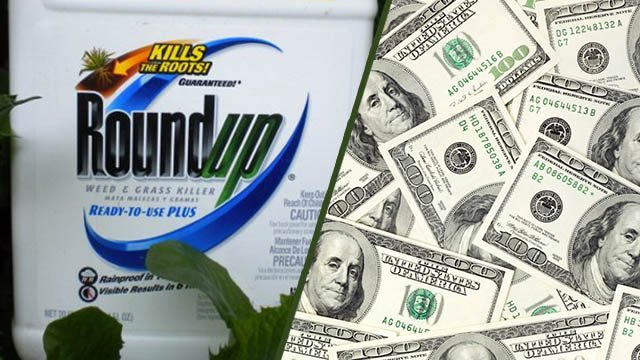This article was originally published on the BBC News website on July 25, 2023 by By Annabelle Liang, Business Reporter.
Germany’s Bayer AG says it expects to take a €2.5bn ($2.8bn; £2.2bn) hit from a slower demand for its glyphosate-based products, including the controversial weedkiller Roundup.
The announcement came as the company lowered its outlook for the year.
In all, it has set aside over $15bn (£11.7bn) to settle lawsuits alleging its herbicides are linked to non-Hodgkin’s lymphoma and other cancers.
Bayer has denied wrongdoing but said the payouts would end “uncertainty”.
On Monday, the Leverkusen-based company said it expected a net loss of €2bn in the three months to the end of June.
Bayer said this was mainly due “a significant further decline in sales of glyphosate-based products.”
The firm also forecast that its pre-tax profits could fall to as low as €11.3bn this year, compared to the €13.5bn it reported in 2022.
A Bayer spokesman told the BBC that more glyphosate-based products had entered the market following the pandemic, resulting in a lower demand for the firm’s weedkillers.
“The normalisation of the competitive environment around glyphosate was more pronounced than we had expected. This was the principal cause of our outlook,” the spokesman added.
Roundup was originally launched by US firm Monsanto nearly five decades ago. It became known the world’s best-selling weedkiller.
In 2018, Bayer bought Monsanto in a $63bn deal. The tie-up gave Bayer control of more than a quarter of the global supply of seeds and pesticides.
The same year, a California court issued the first ruling linking Roundup to cancer and awarded substantial compensation to claimants.
In the lawsuits, Roundup users blamed the weedkiller and its active ingredient glyphosate for their non-Hodgkin’s lymphoma and other cancers.
In 2020, Bayer announced a $10.9bn settlement aimed at resolving tens of thousands of lawsuits, while maintaining that glyphosate was safe.
In March last year, the company said it had resolved 107,000 out of around 138,000 cases involving Roundup.
“The Roundup settlement is the right action at the right time for Bayer to bring a long period of uncertainty to an end,” Bayer’s chief executive Werner Baumann said in 2020.
He repeated the company’s view that the science indicates: “Roundup does not cause cancer, and therefore, is not responsible for the illnesses alleged in this litigation”.
Glyphosate is the active ingredient in many weedkillers, although the science about its safety is still far from conclusive.
Some countries have banned herbicides that contain glyphosate, while others continue to allow them.
In the UK, there is no nationwide ban on glyphosate, although some councils in the country have stopped using it due to safety concerns.
Bayer is set to report earnings on 8 August.


